Democracy is vulnerable
Many people take democracy for granted, but democracy is rather vulnerable. Several countries in the world are moving from democracy towards a more authoritarian and dictatorial rule. Are there other ways to achieve fair rule than democracy as we know it today?

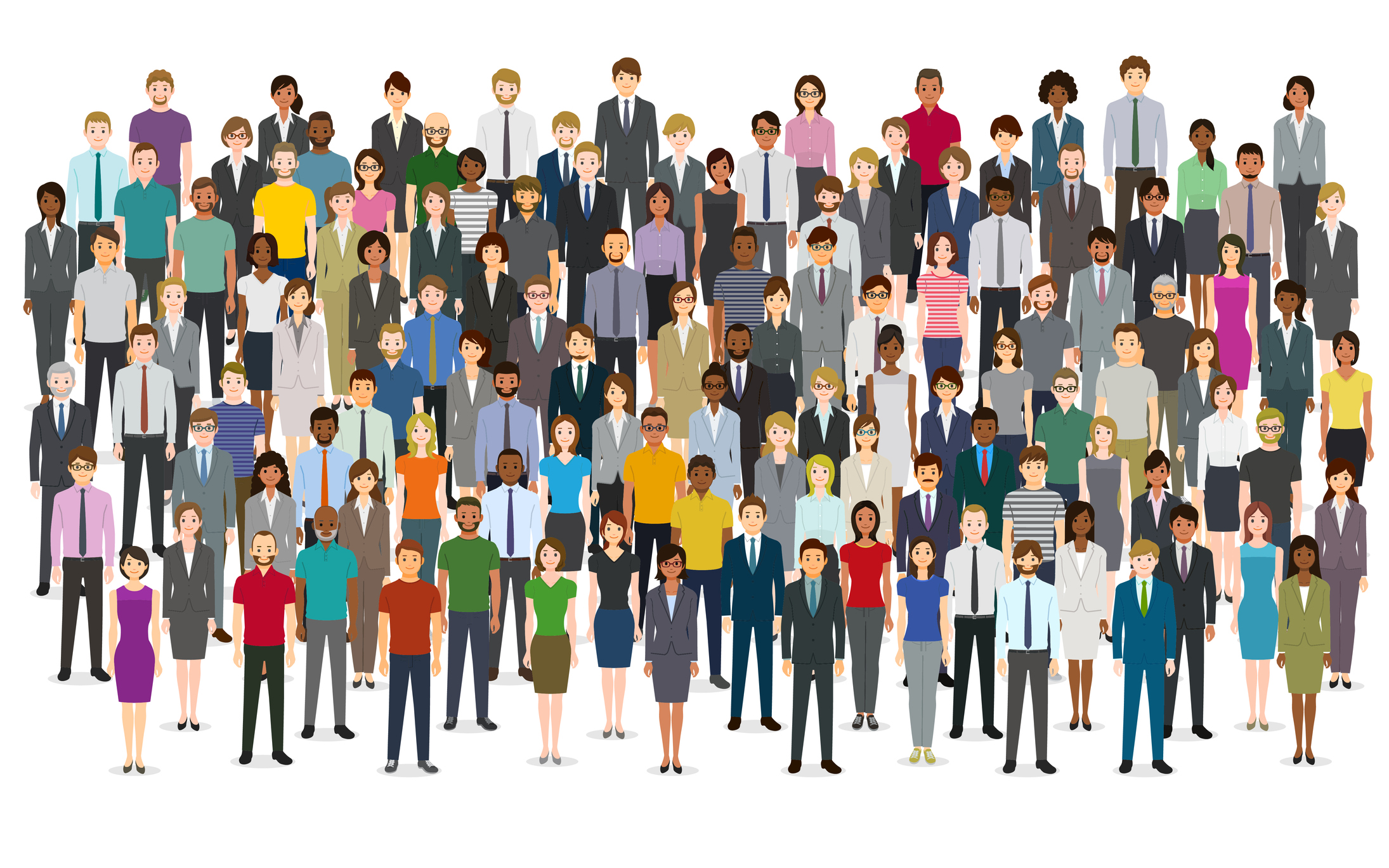
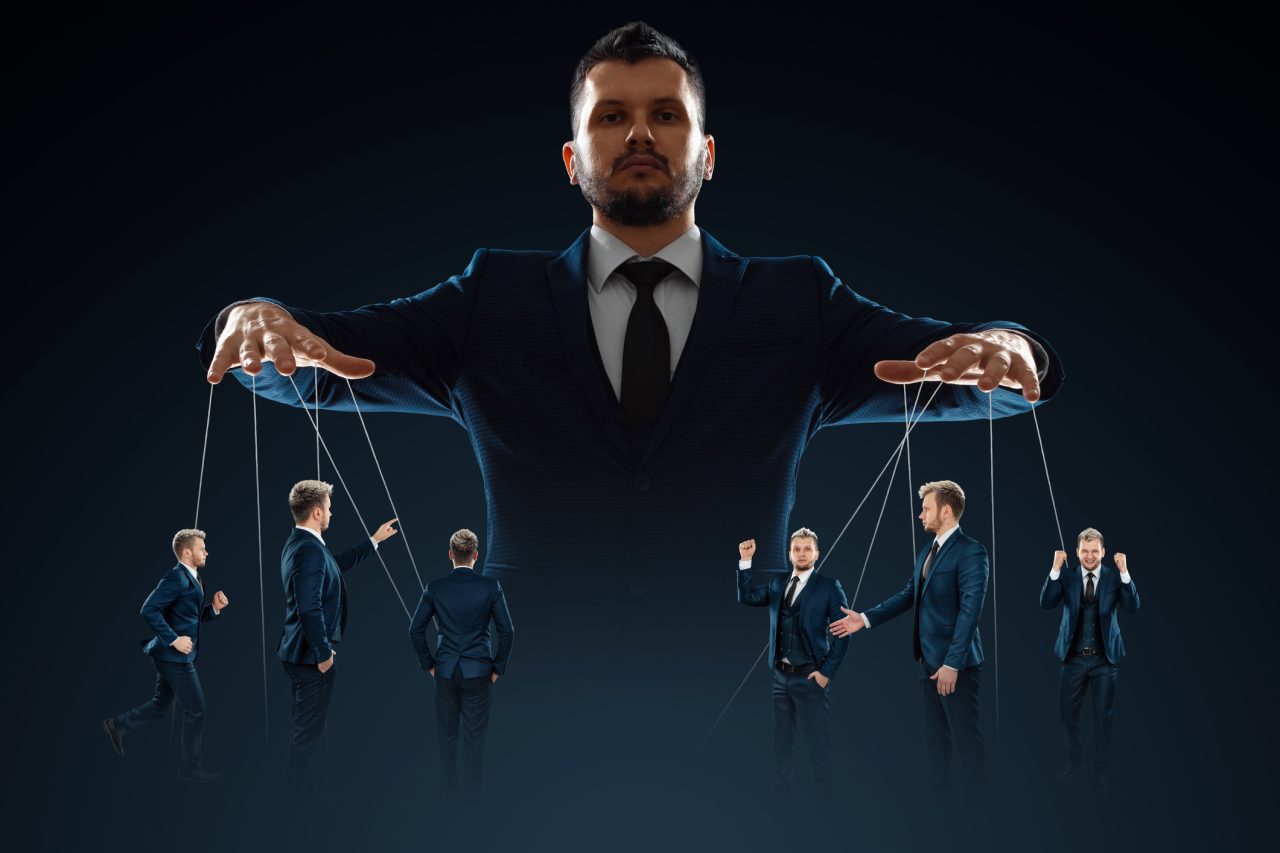
En mann styrer mange mennesker med tråder.
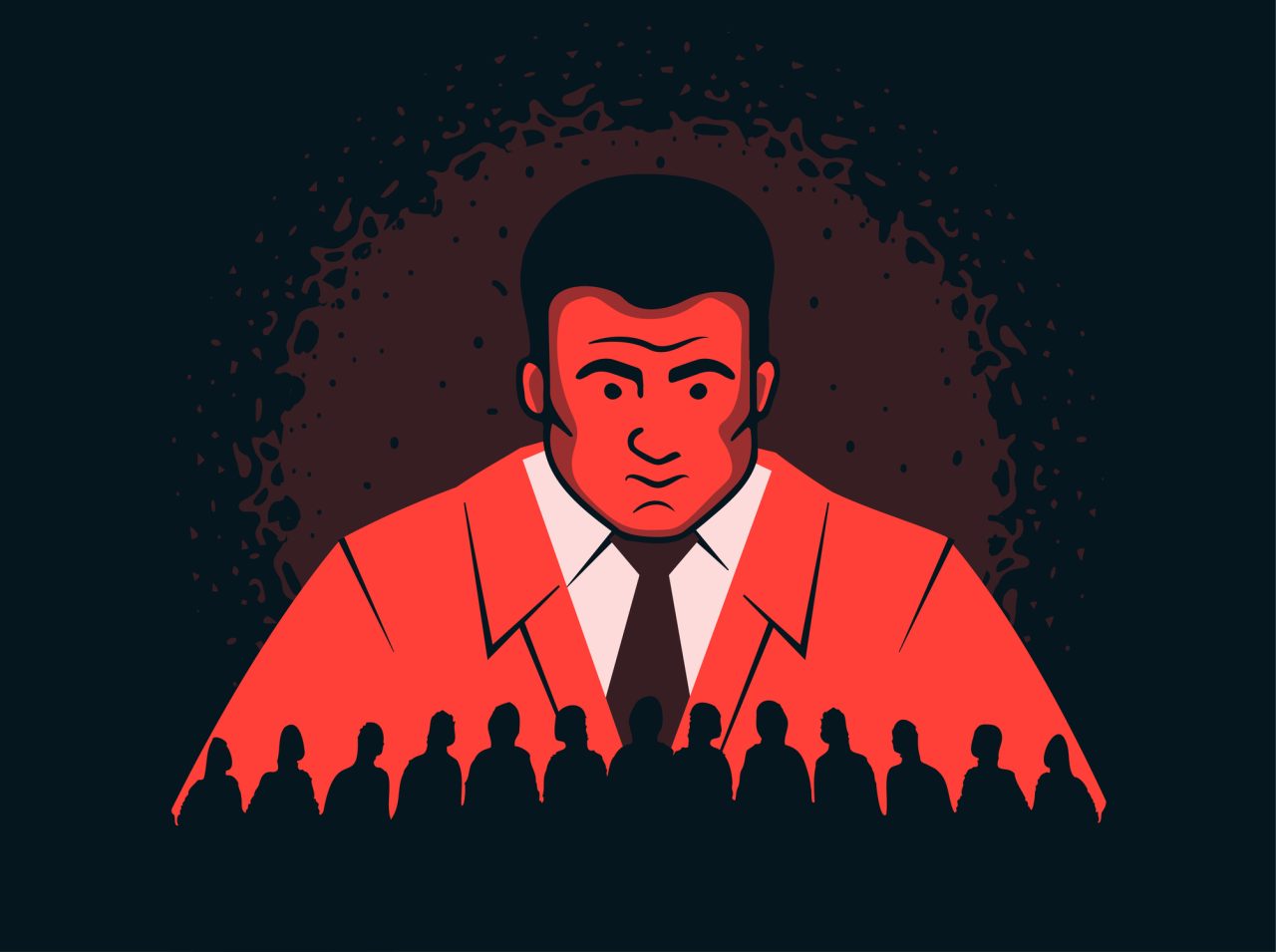
En overdimensjonert rød mann ser ned på en stor folkemengde.
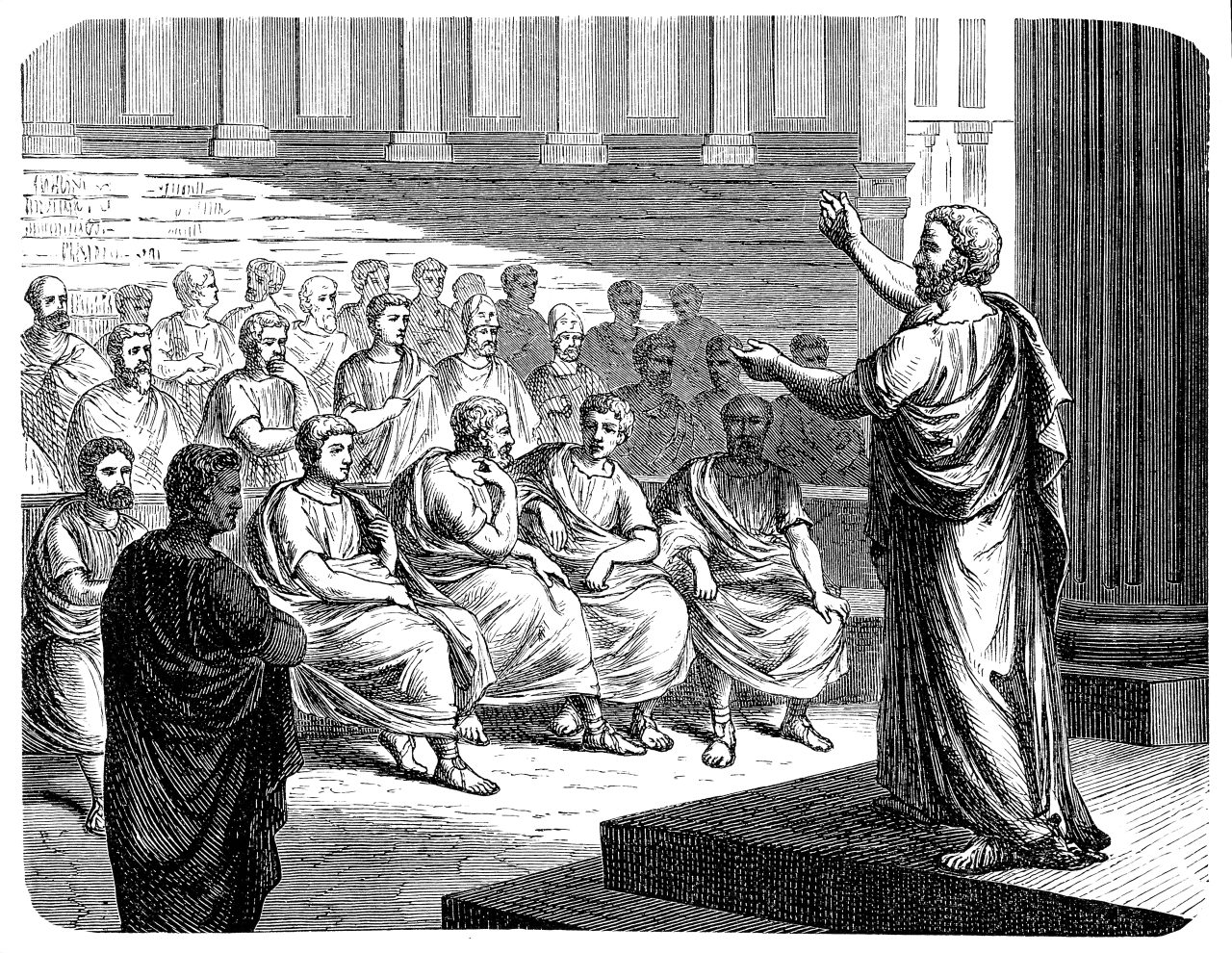
En mann står i et tempel og snakker med en gruppe menn.
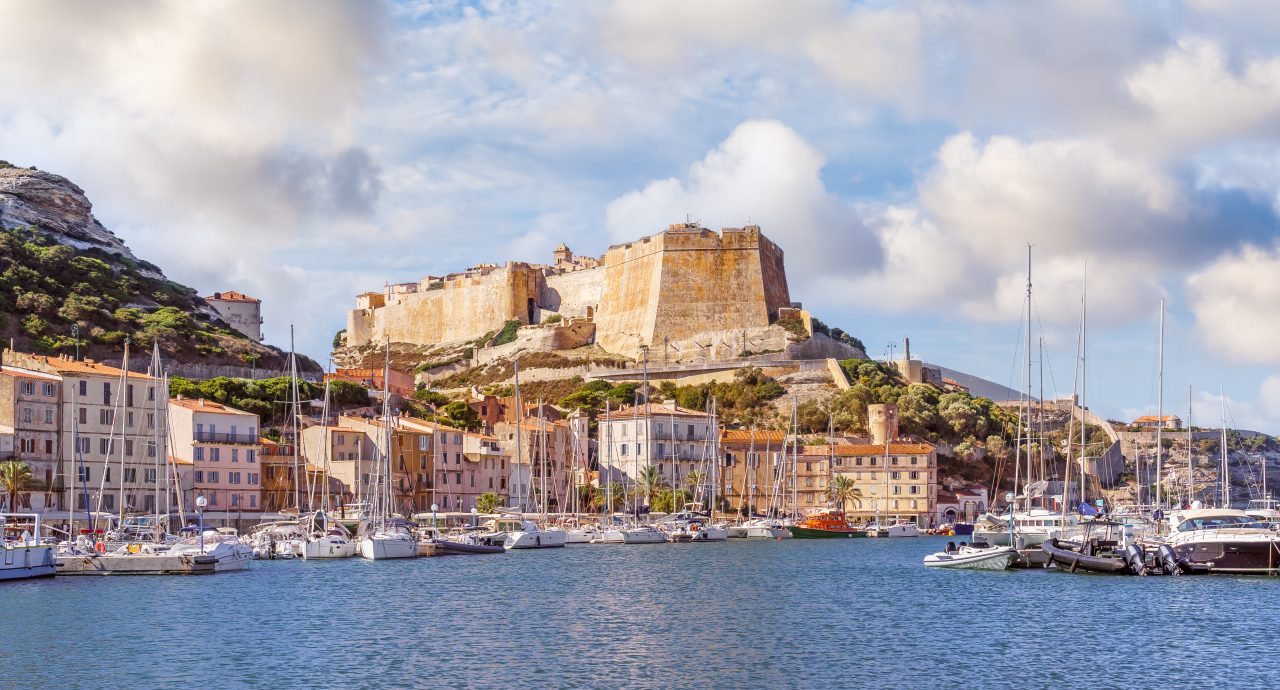
Havneområde på Korsika med mange båter og en festning.
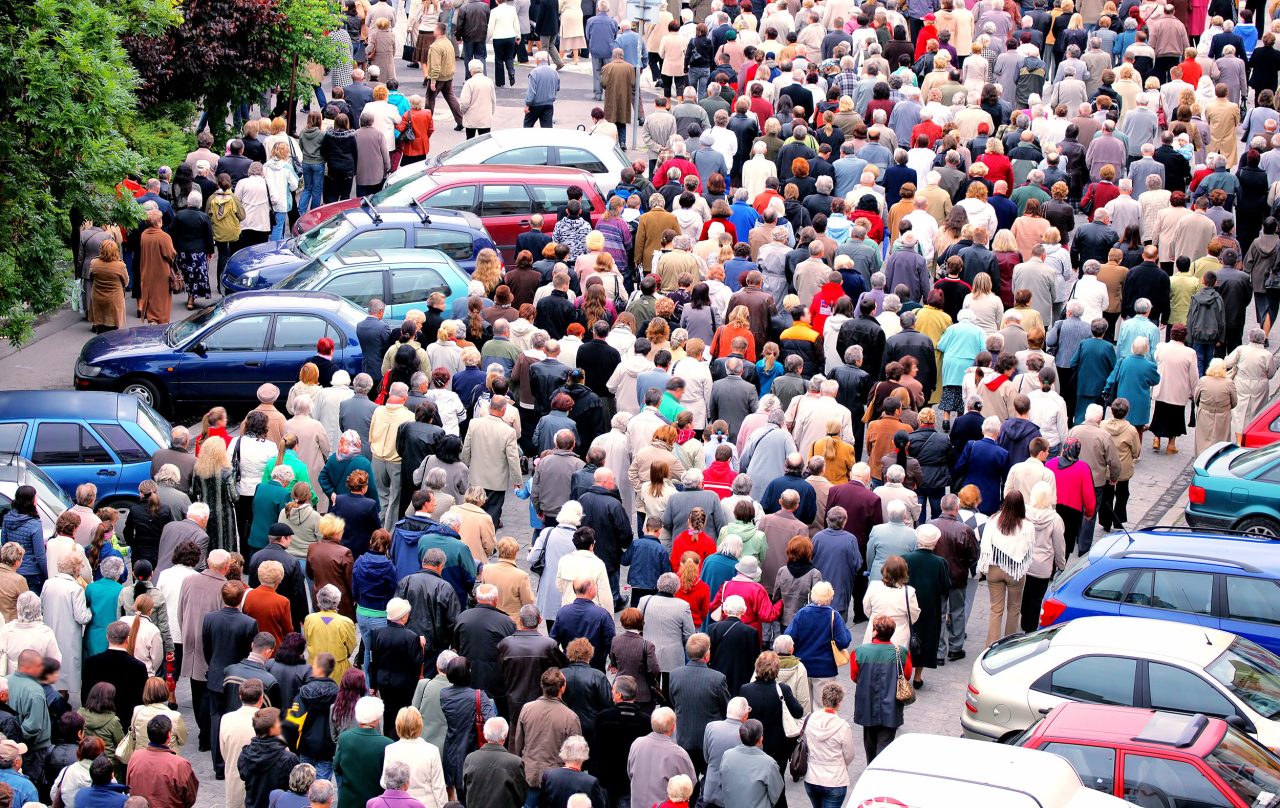
Mange mennesker på vei i samme retning.
Many democracies disappeared
After each wave of democracies the development slowed down and there were setbacks. So some countries went back to authoritarian regimes. The most critical period was after the First World War. Between 1922 and 1944, the number of democracies in the world was halved, and the number of dictatorships grew. The 1930s therefore showed us that democracies were not self-evident.
📷 The Soviet Union was a dictatorship under the rules of Vladimir Lenin (1917-1924) and Josef Stalin (1924-1953). The picture shows the flag of the Soviet Union used between 1923-1991.
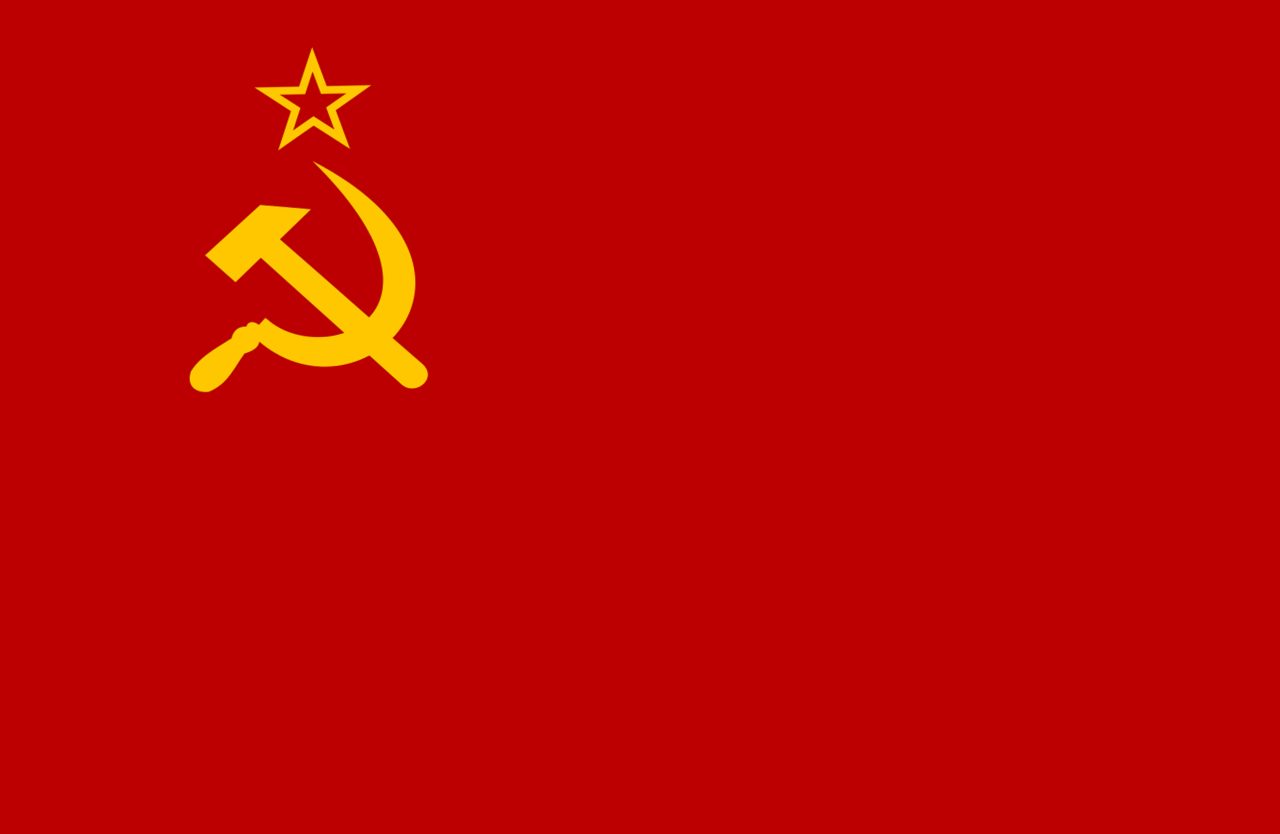
Sovjetunionens flagg
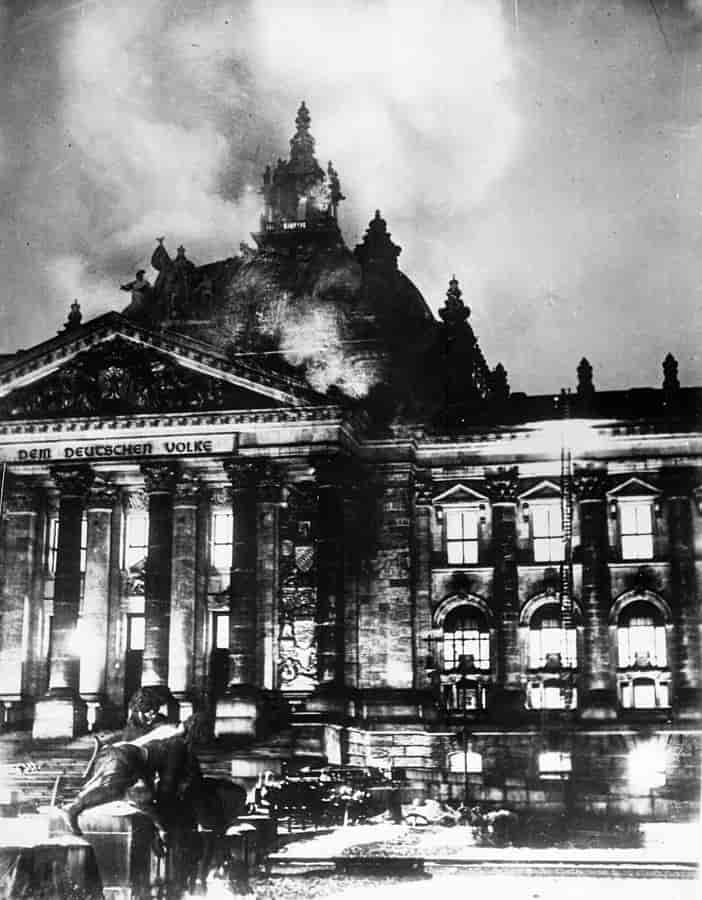
Riksdagen i Berlin brenner 1933.
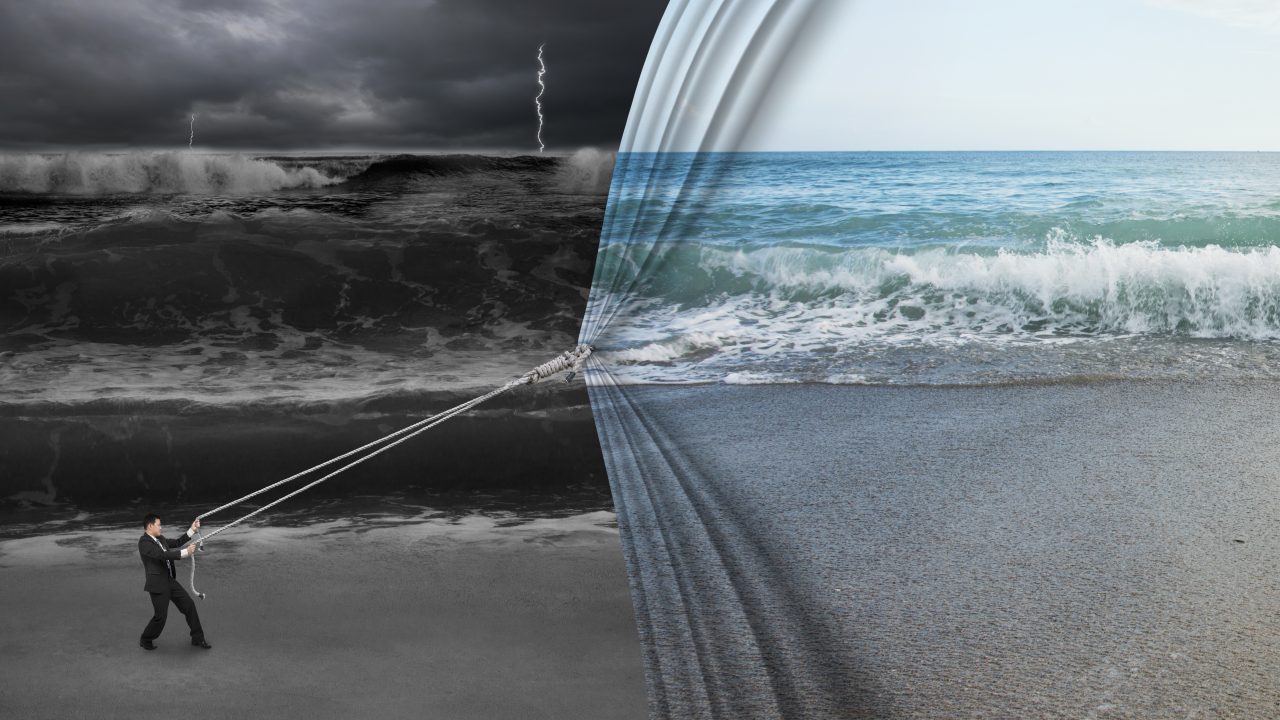
Mann med dress trekker et sceneteppe med godt vær for å dekke over det dårlige været.
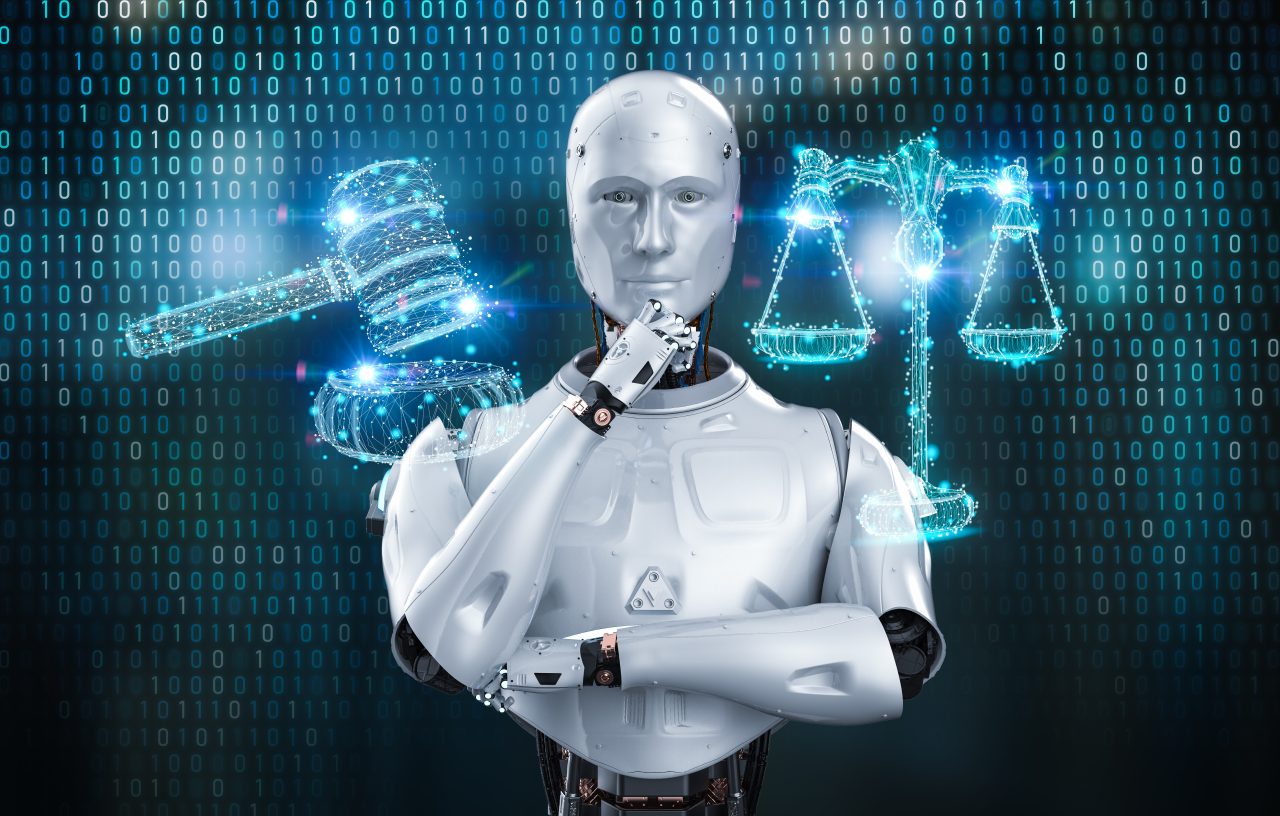
Robot står og tenker med med høyre hånd på haka og med vektskåler og en dommerhammer i bakgrunnen.
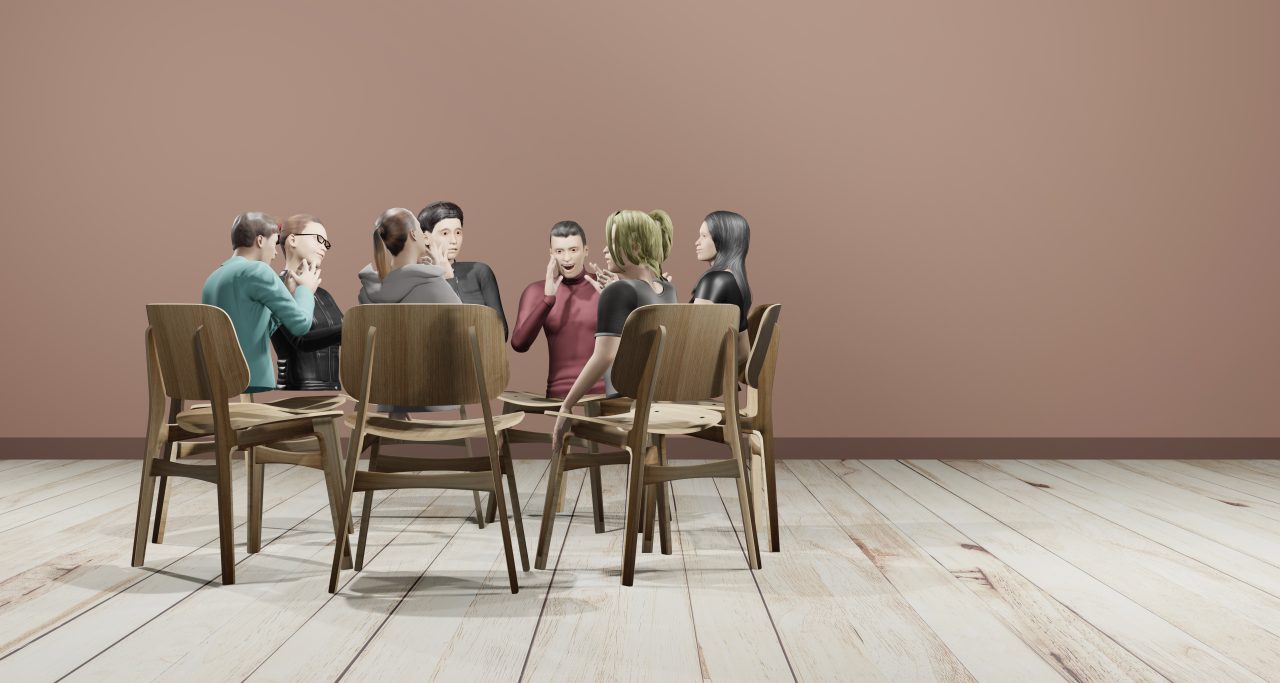
Syv avatarer sitter på stoler i en ring og samtaler med hverandre.
Democracy as a form of government
Democracy is the best form of government we have so far. If we look at it historically, until now there have not been two democracies that have been at war with each other – that fact alone should be enough to keep democracy going forward. Also, there are other factors of democracy that are worth nurturing. So what do you think?
But this requires people to actually participate in democracy. What are your suggestions for what we can do – as individuals and as a society?
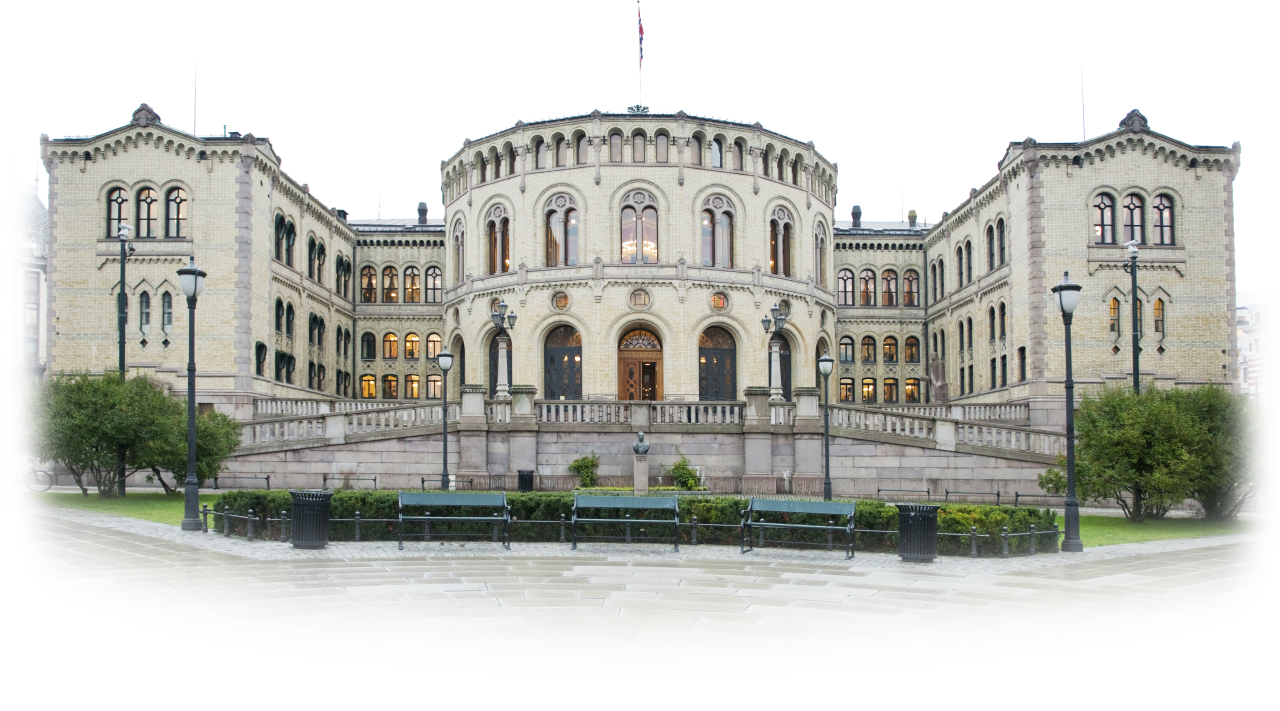
Stortinget
Democracies in the world
In the graph you can see how different forms of government have been distributed in the world from 1789 until 2021.
Liberal democracies: Well-functioning democracies where the people decide who will rule the country. Protection of the individual’s rights is strong. The courts are free. The term “liberal” here refers to the protection of the individual’s rights.
Elected democracies: Democracies where free and fair elections are held. But individuals do not have the same protection as in liberal democracies.
Elected autocracies: Citizens can participate in elections. But they do not have the freedom to organize and express themselves, which is necessary for political elections to be free and fair.
Closed autocracies: The citizens are not allowed to participate in any form of election of the country’s political leaders.
Sources:
Media rights:
-
-
Getty Images
-
Getty Images
-
Getty Images
-
Getty Images
-
Getty Images
-
Getty Images
-
Getty Images
-
Getty Images
-
Getty Images
-
Getty Images
-
Getty Images
-
Getty Images
-
OWID
-

